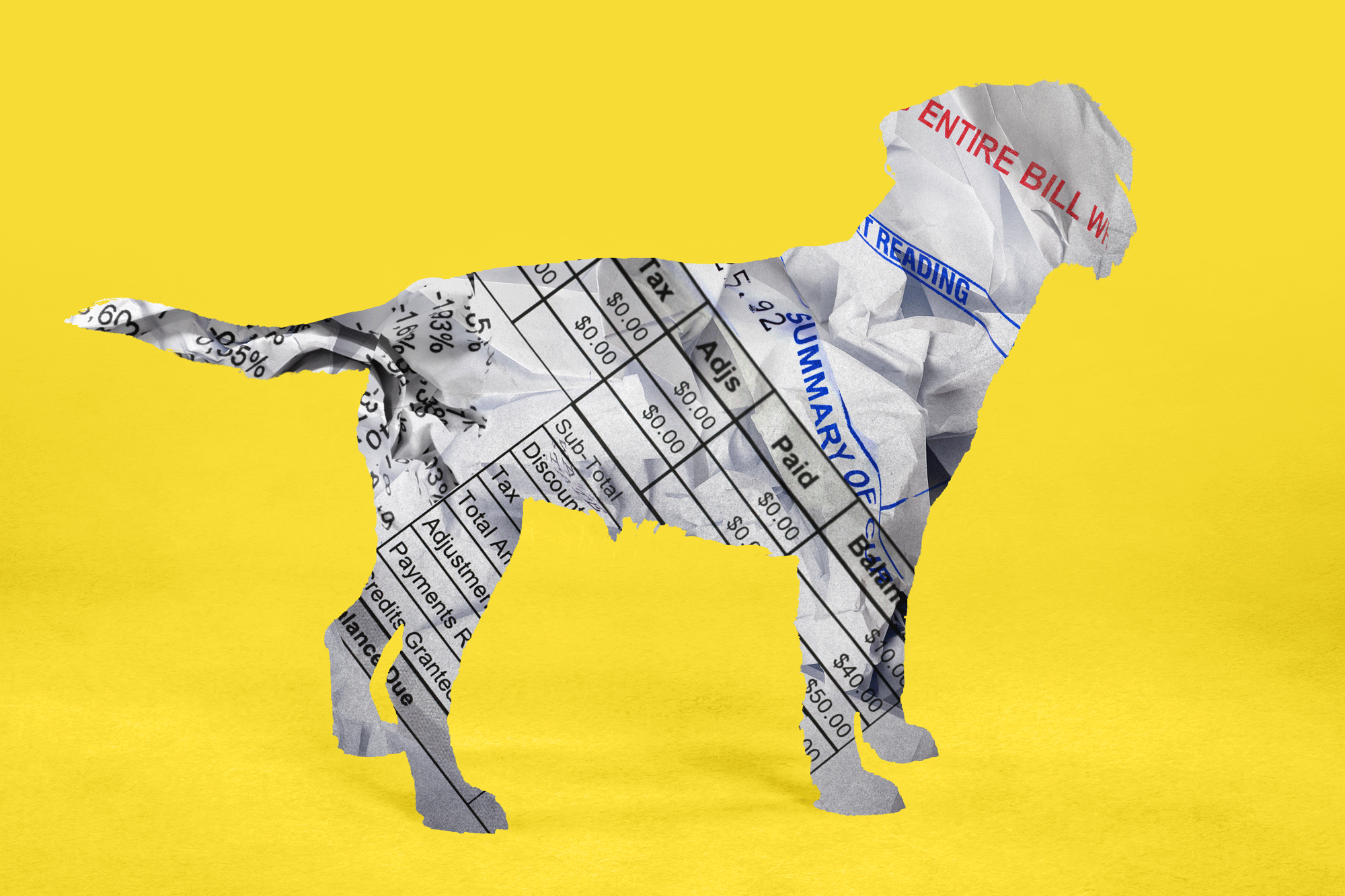Unorthodox Medical Care Goes to the Dogs, and Cats
- Share via
Chiropractor Shirley McQuillan seldom hears complaints from the athletes she treats, but the few who don’t take kindly to her skeletal adjustments are known to bite and kick.
“I’ve had my share of bumps and bruises,” said McQuillan. “I have my top 10 list of horses that will try to kill me.”
Yes, McQuillan’s clients are horses. No, they are not covered by Blue Cross. But, clearly, alternative health care is not just for humans anymore.
Chiropractics, massage, herbal remedies, vitamin treatments and homeopathy are becoming more and more popular with veterinarians who see room for non-traditional methods in the treatment of animals.
Acupuncture is at the forefront, recognized by the American Veterinary Medical Assn. as a viable way of treating pain in animals. The International Society of Veterinary Acupuncture has more than 500 members nationwide.
“It’s not considered unusual anymore, especially around here,” said Dr. Ann-si Li, a San Francisco Bay Area veterinarian who for the last decade has combined traditional Western veterinary medicine with acupuncture, vitamin and herbal treatments.
Her clients have included an epileptic dog, a cat with a thyroid problem and a cancer-ridden rat.
“Acupuncture is working with energetics, energy. It’s something you can’t see but it’s valid,” Li said. “Whenever you put a needle into the body, you get a physical response. With a dog that is very tired, you might put needles in specific areas to bring up energy in parts of the body. Once I take the needle out, the owner will say, ‘He already looks better.’ His eyes brighten up and the level of energy improves.
“It’s just not the same dog that walked in the door.”
Li cites successes: a turtle who had stopped eating until she administered two needles and he “trundled over to the dish. It was really cute.” She also treated a Pekinese-terrier mix named Moppet who had ailments of the kidney, liver and pancreas, as well as a mouth ulcer. After six acupuncture treatments and a series of herbal and vitamin treatments, Moppet recovered.
“It’s just like she came back from the dead,” said Moppet’s owner, Allison Iosif.
Dr. Bruce Little, assistant executive vice president of the American Veterinary Medical Assn., is skeptical. His group has recognized acupuncture only as a way to help alleviate pain, and has taken no position on any other type of alternative medicine.
“Only acupuncture is recognized as a valid modality. There hasn’t been any research done to show that (other practices) do any good, no documented evidence of efficacy.”
But Dr. Michael Lemon disagrees. In the Seattle suburb of Renton, Lemon mixes traditional veterinary medicine with acupuncture, nutrition and homeopathy, a 200-year-old alternative treatment that administers small doses of natural drugs which in a healthy patient would produce symptoms like those of the disease.
Lemon notes that AVMA once scoffed at all uses of acupuncture.
“It’s a matter of time as far as acceptance. In time, I think the various aspects of homeopathy will be accepted at one level or another because more and more veterinarians are accepting it,” Lemon said.
Veterinarians who practice alternative medicine don’t advocate it for all types of animal injuries or illness. With broken bones or internal injuries, Western medicine may provide the most effective treatment, they said.
But McQuillan said regular chiropractic adjustments and maintenance work can prolong a horse’s athletic life by years and can help reverse certain kinds of lameness and irritability.
McQuillan, of Georgetown, Ky., counts among her clients Kentucky Derby winners--”Sunday Silence hated me”--champion jumpers and top rodeo horses.
She grew up on a horse ranch in northern Wisconsin run by her father, Myron McCone, a “human” chiropractor.
One day, McCone tried skeletal adjustments, similar to those he made on humans, on one of his horses. After noticing dramatic results, he taught himself to alter chiropractic techniques to fit the skeletal structure of a horse. He eventually taught the techniques to his daughter.
Although there is no license or certification program for horse chiropractors, McQuillan became a riding instructor and augmented her father’s training with seminars and reading on the subject.
A typical session may start with 6-foot-2 McQuillan pressing her way up a horse’s spine, looking for trouble spots. One type of adjustment involves pushing on the horse’s rump while she wraps the tail around her hand and jerks the horse away from her. She may finish up with a couple of gentle twists to the horse’s head to align the neck.
“When you adjust a horse there’s a big release of endorphins. A lot of horses remember that and they like me a lot. One would turn around and back up to the stall door, waiting for me to adjust him.
“But I had another one who would half rear and bare her teeth. Some horses think I’m wonderful and others just hate me.”
McQuillan is not a veterinarian but often works with them. She makes barn calls nationwide to as many as 300 horses a month, earning $65 a visit.
But Little remains a doubter. He said anyone who professes to be an equine chiropractor but lacks a veterinary degree is breaking the law in most states.
McQuillan said many people in the horse world shared Little’s skepticism when she started 18 years ago.
“They thought I was certifiable. Now it’s pretty accepted and I work for vets all over the country. Once people feel the change it makes in their horses, they want the horse to feel that way all the time,” she said.
More to Read
Sign up for Essential California
The most important California stories and recommendations in your inbox every morning.
You may occasionally receive promotional content from the Los Angeles Times.













